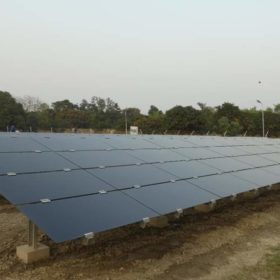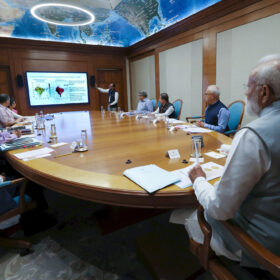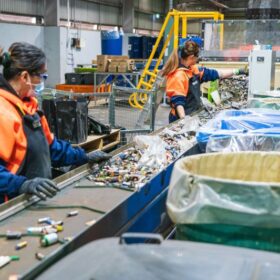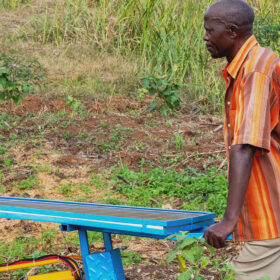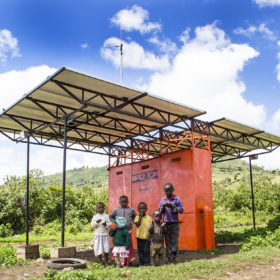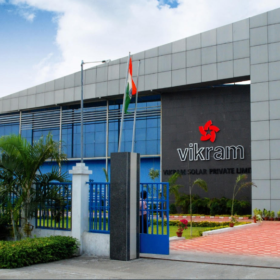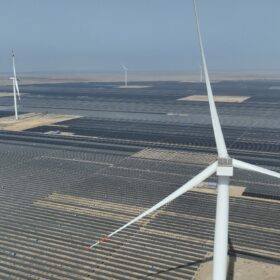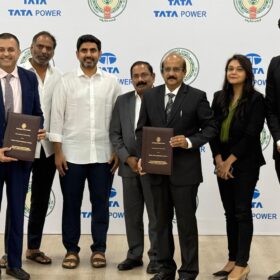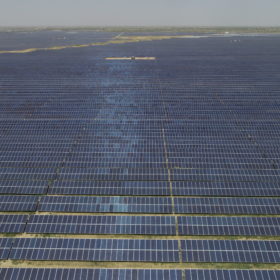Husk Power Systems secures additional $4 million in debt financing from ElectriFI
Husk has secured an additional $4 million in debt financing from ElectriFI, the EU-funded impact investment facility, further building upon ElectriFI’s initial $6 million investment in September 2022.
India’s ruling party pledges renewables, manufacturing focus in its poll manifesto
India’s ruling party Bharatiya Janata Party (BJP) has vowed continued focus on renewables, energy storage and electric mobility with a view to achieving energy independence for the nation by 2047.
Husk Power secures $20 million in debt financing from European Investment Bank
Husk Power will use the fund for the construction of community solar minigrids in Nigeria, installation of rooftop solar for commercial & industrial (C&I) customers, expansion of appliance sales to households and small businesses, and the scaling of value-added services such as agro-processing and e-mobility.
Envirostream eyes increased recycling revenues after boosting battery volumes
Battery technology company Lithium Australia’s 100%-owned subsidiary Envirostream is seeking to scale up its battery recycling efforts, signing an updated agreement with South Korean manufacturer LG Energy Solution in a move that could deliver 770 tonnes of lithium-ion batteries for recycling.
After-sale support key to boosting off-grid solar
A new survey from US-based impact measurement company 60 Decibels shows off-grid energy customers are currently facing a series of challenges such as product affordability, gender inequality, customer support, further investment in minigrids, and over-indebtedness. The report, however, reveals that most users say the quality of their lives “very much improved” thanks to off-grid PV.
Socomec releases new modular energy storage system
Socomec says its new modular energy storage system includes a converter and up to six battery cabinets. At maximum capacity, it can store 1,116 kWh.
Blended finance key to scaling small-scale solar projects
Bringing together private and public capital in a risk-adjusted return structure, is key to scaling up financing for renewable energy assets such as solar mini-grids, says a new report.
Israel to build energy communities in villages destroyed by Hamas
Israel’s Ministry of Energy and Infrastructure says it is currently developing a multi-year program for communities attacked by Hamas on Oct. 7. It aims to deploy 5 GW of energy in the destroyed areas, once residents return.
Solar energy as the change maker in rural India
To scale the adoption of clean technologies in rural areas, we need to focus more on leveraging the experience of early women adopters. We should organise hyperlocal events and demos – create spaces for women to network and become aware.
Ensuring a just and inclusive energy transition for the Global South
Amid calls for an immediate transition to renewable energy, it’s important to ensure that aspects such as domestic resource utilization, the cost of transition, and the impact on the population are not overlooked.
